From AI to biotech, fintech to climate tech, Canadian startups are scaling fast and thinking bigger than borders. Some have already caught the attention of major global investors, while others are quietly building loyal customer bases across continents. Through visionary leadership, homegrown talent, and a deep sense of mission Canadian startups have what it takes to go from local disruptors to global giants. Here are 25 Canadian startups that could become global giants:
Cohere (Toronto, ON)

Cohere is Canada’s answer to OpenAI, but with a clear enterprise-first focus. Built by former Google Brain researchers, it specializes in building customizable large language models (LLMs) for businesses, especially those with high privacy, security, and compliance needs. Their multilingual capabilities are perfect for international markets, and their recent $270 million funding round from Nvidia and Oracle proves the world is watching. With its plug-and-play API architecture, Cohere is already powering some of the largest financial and legal AI deployments.
Waabi (Toronto, ON)

Helmed by AI expert Raquel Urtasun, Waabi is developing next-generation self-driving truck technology that aims to revolutionize freight logistics. Unlike legacy autonomous vehicle companies, Waabi uses a simulation-first approach powered by advanced AI, dramatically cutting down on real-world testing costs and risks. With freight bottlenecks increasing globally, Waabi’s innovation could reshape how goods move across borders. The startup has already attracted major investments from Uber, Volvo, and Khosla Ventures, putting it on a trajectory to challenge American and Chinese giants in the autonomous transport space.
BenchSci (Toronto, ON)

BenchSci is using AI to accelerate drug discovery and saving pharmaceutical companies millions in the process. Its platform reads and interprets complex biomedical research so scientists don’t have to, dramatically reducing time spent on experimental design. Backed by investors like Inovia and iNovia, and used by 16 of the world’s top 20 pharmaceutical giants, BenchSci is already operating at a global scale. As research budgets shrink and demand for efficiency rises, BenchSci is poised to become an essential tool in labs around the world.
Neo Financial (Calgary, AB)

Neo is rethinking Canadian banking from the ground up. Offering digital-first banking services like high-interest savings, no-fee credit cards, and modern investment tools, Neo is already pulling customers away from the Big Five banks. Its sleek UX and partnership with major retailers for cashback rewards make it especially appealing to younger Canadians. With plans to expand into the U.S. and support from Peter Thiel’s Valar Ventures, Neo could soon be a challenger bank with international teeth.
MindBeacon (Toronto, ON)

Originally launched to offer affordable mental health support online, MindBeacon has scaled rapidly due to increasing demand for virtual therapy across Canada and internationally. The platform provides CBT-based digital therapy supported by licensed professionals, making mental healthcare accessible in regions where traditional services are limited. Following its IPO and integration into larger healthcare networks, MindBeacon is now eyeing global expansion. With mental health becoming a public priority and digital therapeutics booming, this Canadian innovator could soon become a trusted international provider of evidence-based, tech-driven care solutions.
Clio (Burnaby, BC)
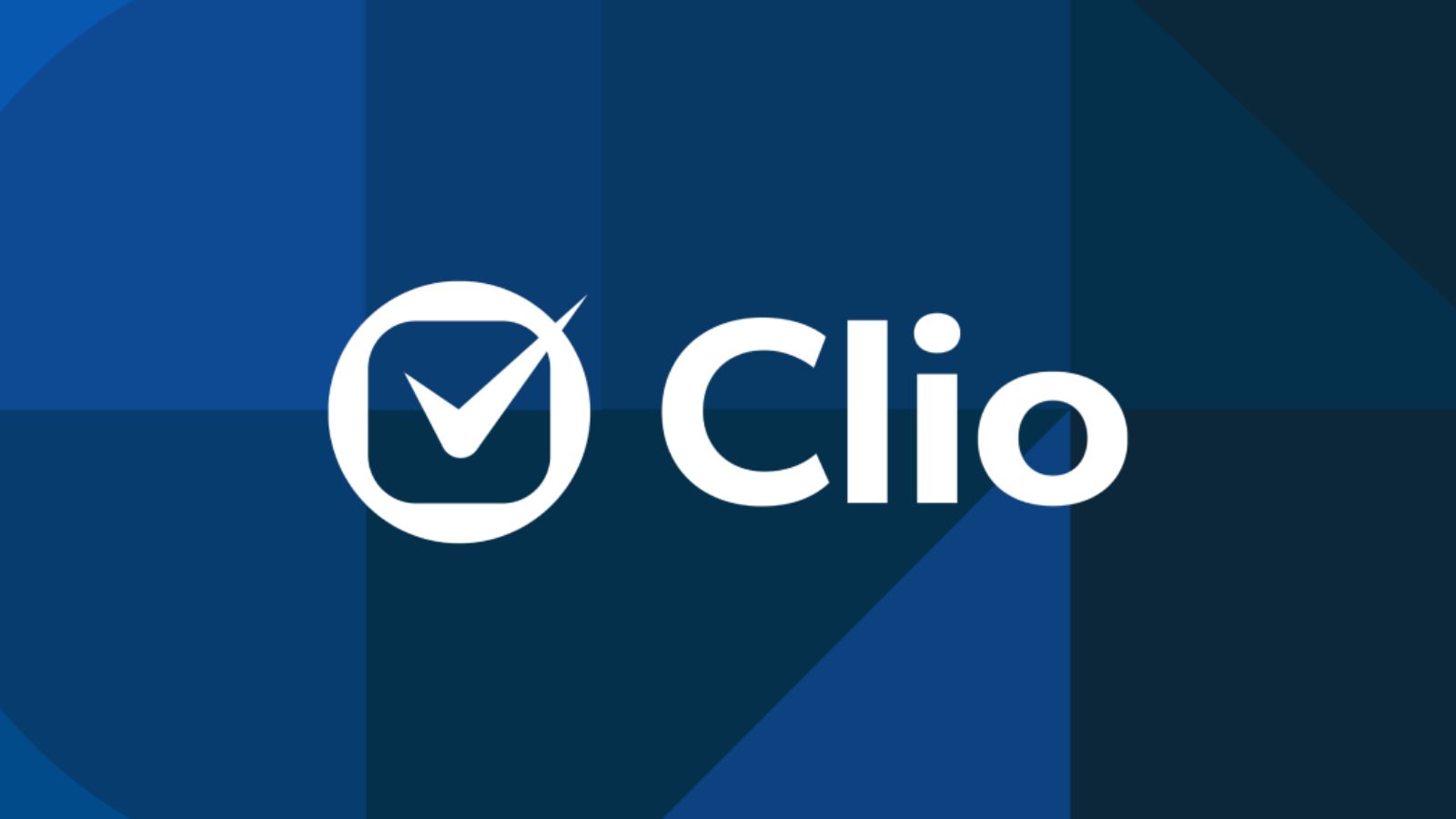
Clio transformed legal practice management for solo and small law firms, and now it is eyeing global domination. Its cloud-based platform handles billing, casework, documents, and client communication in one elegant interface. With over 150,000 customers in more than 100 countries and major partnerships with bar associations in the U.S., Clio is already on the map. But with recent acquisitions and a growing suite of AI tools, it’s making a play to become the Salesforce of legal tech.
Relay (Toronto, ON)

Relay is quietly revolutionizing how small and medium-sized businesses manage their finances. Unlike traditional banks, Relay provides modern, API-driven business banking explicitly designed for teams, accountants, and entrepreneurs. With features like automated expense management, real-time transaction tracking, and seamless integration with tools like QuickBooks and Gusto, Relay is attracting attention from across North America. As fintech continues to disrupt legacy banking, Relay’s user-focused model could help it expand internationally, especially in underserved SMB markets where banking innovation has lagged.
Wealthsimple (Toronto, ON)

Wealthsimple started as a robo-advisor, but it has grown into a full-fledged financial ecosystem offering investing, saving, trading, and crypto. With a sleek user interface and a strong brand focused on accessibility and transparency, it has become a household name in Canada. Backed by Power Corporation and popular with millennial and Gen Z investors, Wealthsimple is positioning itself as Canada’s answer to Robinhood or Revolut.
1Password (Toronto, ON)

In a world drowning in passwords, 1Password is bringing security and sanity to both consumers and businesses. Its password manager is trusted by companies like IBM, Slack, and Shopify, and its focus on privacy, not ad revenue, sets it apart from many tech peers. A $620 million Series C led by ICONIQ and Tiger Global has helped it expand internationally, and with cybersecurity only becoming more critical, 1Password is already proving it has staying power and serious growth potential.
Hydrostor (Toronto, ON)
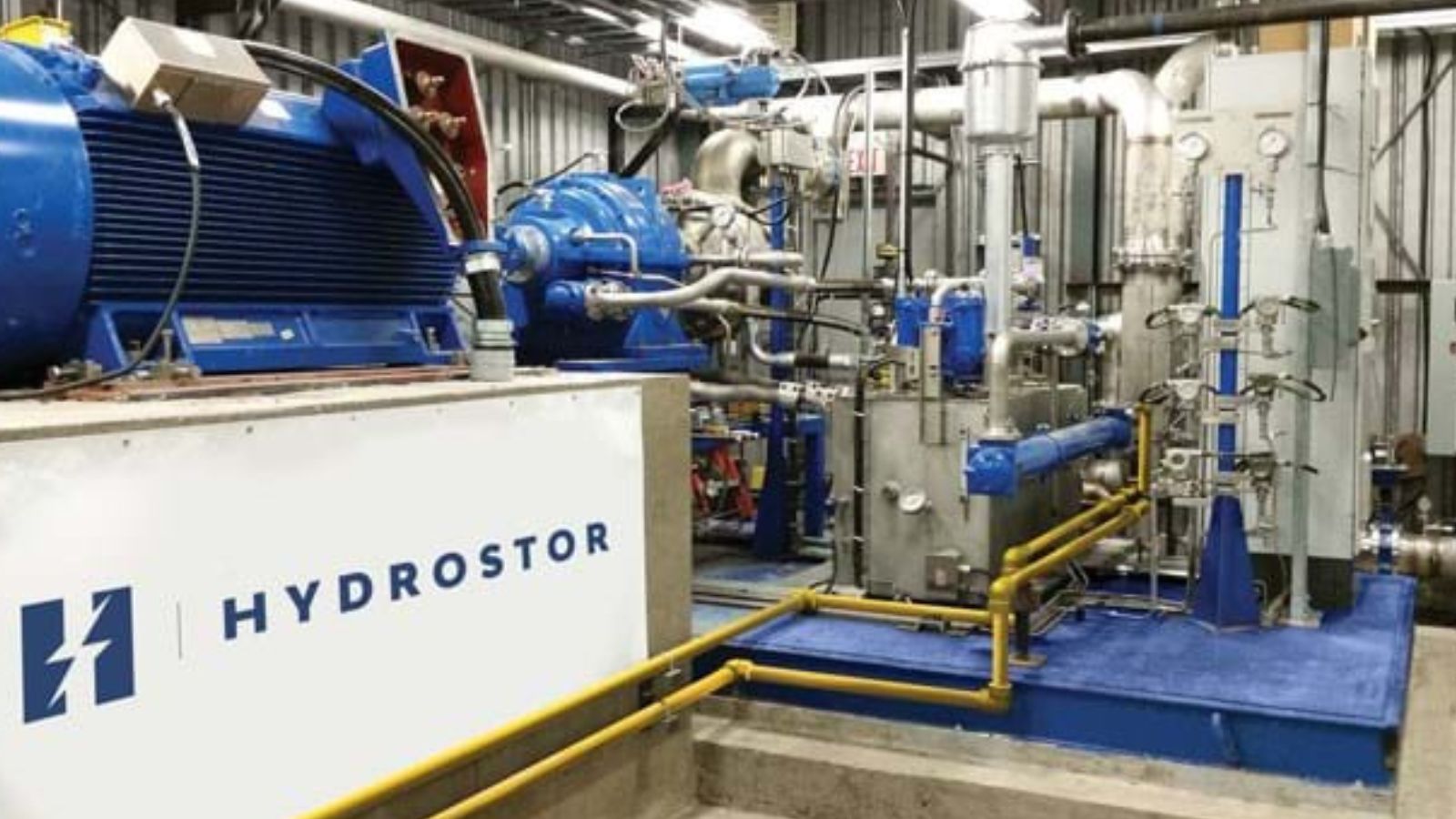
In the race for long-duration energy storage, Hydrostor is positioning itself as a global game-changer. The company uses a patented Advanced Compressed Air Energy Storage (A-CAES) system that stores renewable energy underground without the need for rare earth materials or lithium. With billion-dollar partnerships already in place in Australia and California, Hydrostor is one of the few Canadian cleantech startups playing at scale on the world stage. As countries scramble for stable, non-toxic energy storage options to back up renewables, Hydrostor’s engineering-first solution could become a global cornerstone of clean energy grids.
Xanadu (Toronto, ON)
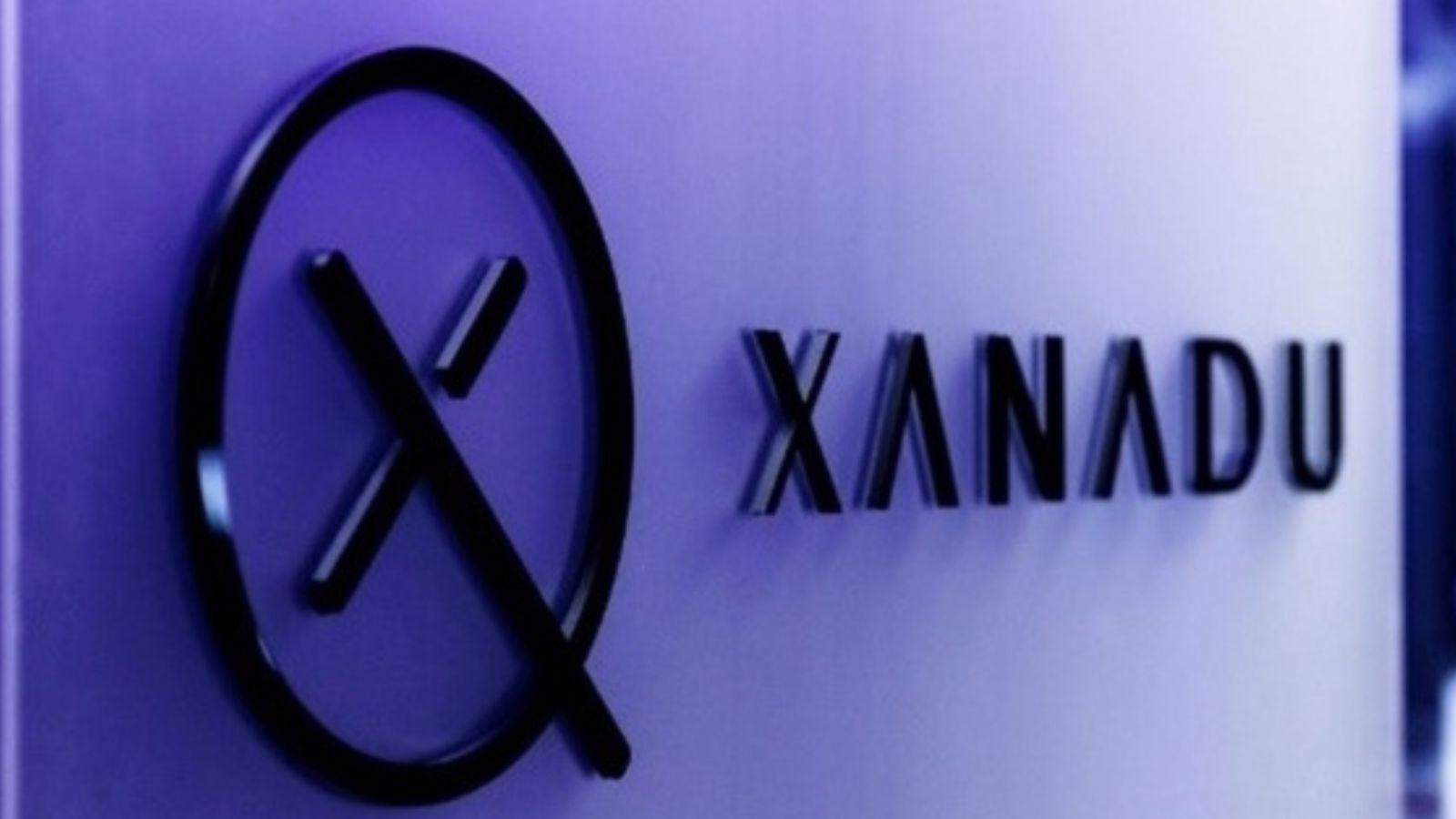
Xanadu is pushing Canada to the forefront of the quantum computing race. This Toronto-based startup is developing photonic quantum computers that use light particles, rather than traditional circuits, to perform calculations at speeds previously thought impossible. With its open-source platform “PennyLane”, Xanadu has built a strong developer community and attracted major global partners, offering research and real-world applications in finance, pharmaceuticals, and machine learning. Investors and governments worldwide are watching closely, and if Canada ends up leading the quantum future, there’s a good chance Xanadu will be the name making headlines.
Flash Forest (Toronto, ON)

Flash Forest is tackling deforestation with a high-tech, high-speed twist by using drones to plant trees. The startup’s aerial reforestation technology can plant thousands of seed pods in minutes, aiming to restore ecosystems at a rate far beyond human capability. With climate change accelerating, Flash Forest’s scalable model is drawing attention from conservation groups and government agencies around the world. If they are successful in their goal to plant one billion trees by 2028, Flash Forest won’t just be a global climate solution, it could become one of Canada’s most iconic environmental exports.
Ada (Toronto, ON)

Ada is transforming how global companies handle customer service. This Toronto-based AI startup builds automated chat solutions that don’t just answer questions, but also resolve real problems. With clients like Meta, Zoom, and Shopify, Ada’s conversational AI is already serving millions of users in dozens of languages. Its no-code platform allows teams to train bots with ease, giving businesses the speed and flexibility they need. As the demand for automation grows across industries, Ada is poised to become one of Canada’s next big software exports.
CleanO2 (Calgary, AB)

CleanO2 is on a mission to tackle one of Canada’s most pressing environmental challenges, which is carbon emissions from heating systems. Their CarbinX device captures CO₂ from building furnaces and transforms it into a non-toxic byproduct used in soaps and cleaning products. It’s the kind of circular innovation that feels both refreshingly practical and scalable, and already being installed in commercial properties across Canada, the company is now fielding international interest. In a world looking for plug-and-play carbon solutions, CleanO2’s low-cost, high-impact tech could earn it a spot among the global cleantech elite.
Reimagine AI (Montreal, QC)

This Montreal-based startup blends art and artificial intelligence in ways that are redefining immersive storytelling. Reimagine AI develops emotionally responsive avatars and environments for everything from music experiences to historical education, and one of their biggest draws is the interactive holograms and lifelike AI-driven characters that “think” and “feel”. As AR and VR platforms scale globally, Reimagine AI’s tech offers a unique, Canadian-made edge. With major interest from media, entertainment, and museum industries worldwide, this startup proves that AI can be just as much about emotion as logic.
Skywatch (Kitchener, ON)

Skywatch is helping the world make sense of satellite data. This Kitchener startup built EarthCache, a platform that allows businesses to easily search, access, and integrate satellite imagery into their workflows. Whether for agriculture, insurance, or energy, the demand for real-time Earth observation is exploding, and Skywatch makes it accessible and affordable for the commercial market. As space-based monitoring becomes essential to everything from disaster response to supply chain tracking, Skywatch could be Canada’s answer to America’s Planet Labs.
e-Zn (Toronto, ON)

Energy storage is the holy grail of the green transition, and e-Zn believes it has cracked the code. This startup has developed a breakthrough zinc-based battery that is safer, cheaper, and longer-lasting than traditional lithium-ion options. Because zinc is abundant and recyclable, the implications are massive for renewable energy projects needing long-duration storage. With pilot projects already underway and interest from major utility partners, e-Zn is in a prime position to become a global player.
Charli AI (Vancouver, BC)

Charli AI acts like a digital executive assistant, except smarter. Designed for businesses drowning in data, Charli uses advanced AI to automate workflows, manage files, and even draft reports. The startup has quietly amassed a growing user base in legal, finance, and real estate, where time and accuracy are everything. As companies around the world search for smarter tools to boost productivity and cut costs, Charli is proving that AI doesn’t have to be complicated to be powerful.
Certn (Victoria, BC)

Certn is modernizing background checks for the digital age. Using AI and global data sources, it helps companies screen employees, tenants, and contractors faster and more accurately than legacy systems. With security and remote hiring becoming non-negotiables, Certn’s platform is winning over clients in North America, Europe, and beyond. It offers a seamless background check in minutes, not days, investors back it and already growing internationally. It could easily become a Canadian export standard in HR tech.
Deep Genomics (Toronto, ON)
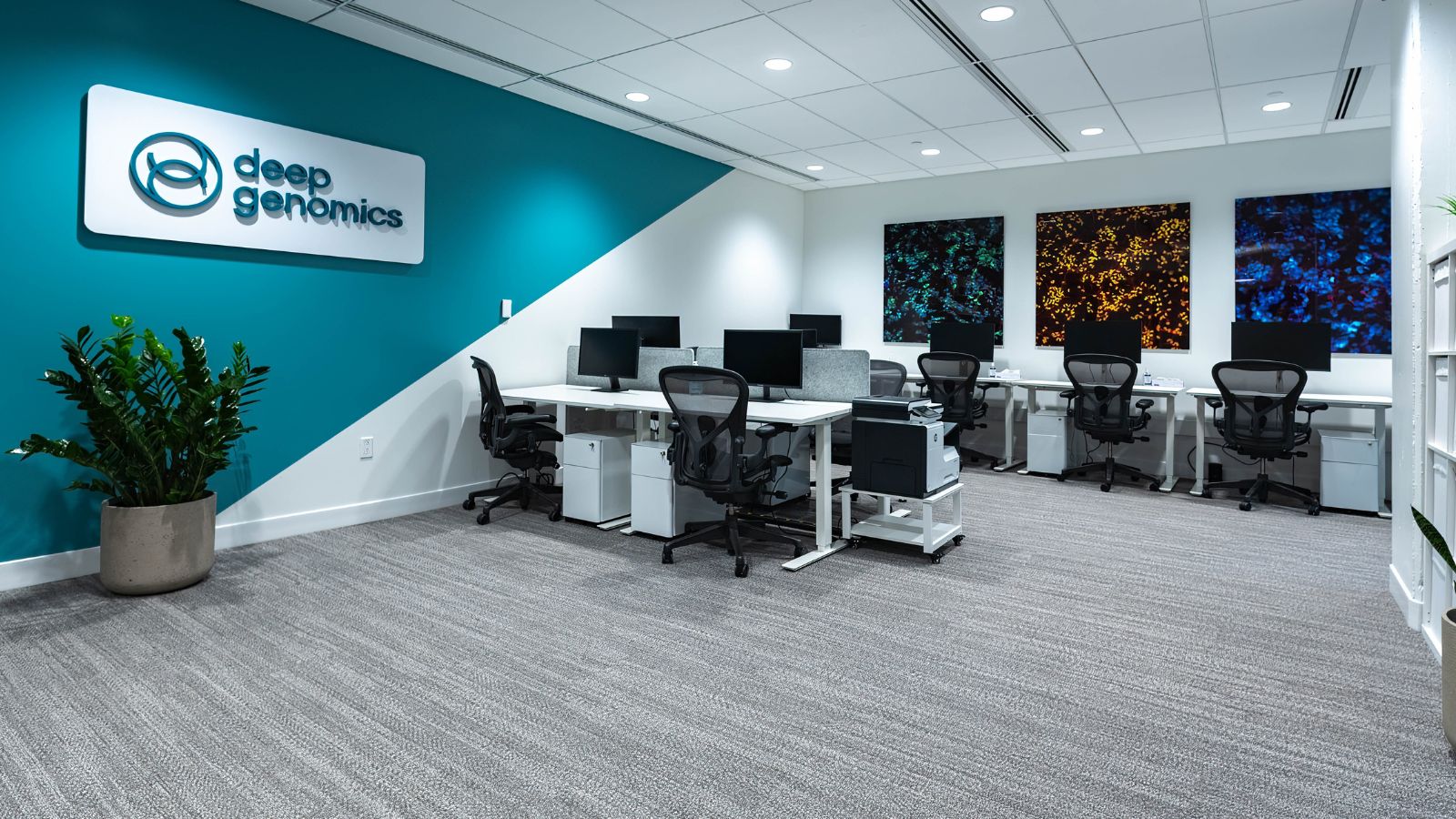
Deep Genomics is using AI to unlock the genetic code like never before. This Toronto startup combines deep learning and molecular biology to discover new drugs and therapies for genetic disorders. By predicting how gene mutations affect protein function, their AI engine accelerates drug development with unprecedented precision. With partnerships across biotech and growing clinical trials, Deep Genomics is bridging AI and medicine in ways that could reshape healthcare. If successful, Canada could be home to one of the most essential biotech companies of the decade.
Opencare (Toronto, ON)

Opencare is reinventing how people find dentists and how dental practices grow. Through its AI-driven platform, users are matched with high-quality dental professionals based on their specific needs and preferences. Meanwhile, clinics get analytics and tools that help them scale smarter. With a growing U.S. customer base and high retention rates, Opencare is bringing a patient-first mentality to a healthcare sector that has long been fragmented.
GreenMantra (Brantford, ON)

This Brantford-based company is solving plastic pollution by turning it into profit. GreenMantra’s technology transforms used plastics into high-value waxes, lubricants, and coatings, offering a commercial incentive for recycling hard-to-process materials. Its upcycling process is already being adopted in construction and roofing industries across North America. As sustainability mandates tighten worldwide, GreenMantra’s approach could redefine what’s possible in the circular economy.
Pocketed (Vancouver, BC)

Pocketed is helping startups find money, without giving up equity. This Vancouver fintech platform streamlines the process of identifying and applying for government grants, tax credits, and subsidies. With billions left unclaimed annually, Pocketed is removing friction and putting cash directly into the hands of Canadian businesses. Already expanding into the U.S., the startup is poised to become the go-to tool for funding growth in early-stage ecosystems.
BugMars (Montreal, QC)

BugMars is taking on a global challenge of food security by growing sustainable protein from insects. Their automated vertical farming systems produce nutrient-rich insect meal for animal feed and agriculture, requiring far less land, water, and emissions than traditional livestock. Based in Montreal and backed by agritech accelerators, BugMars is finding traction in both developed and emerging markets. As the global protein demand surges, this startup is showing the world that small creatures can have massive economic impact.
Manifest Climate (Toronto, ON)
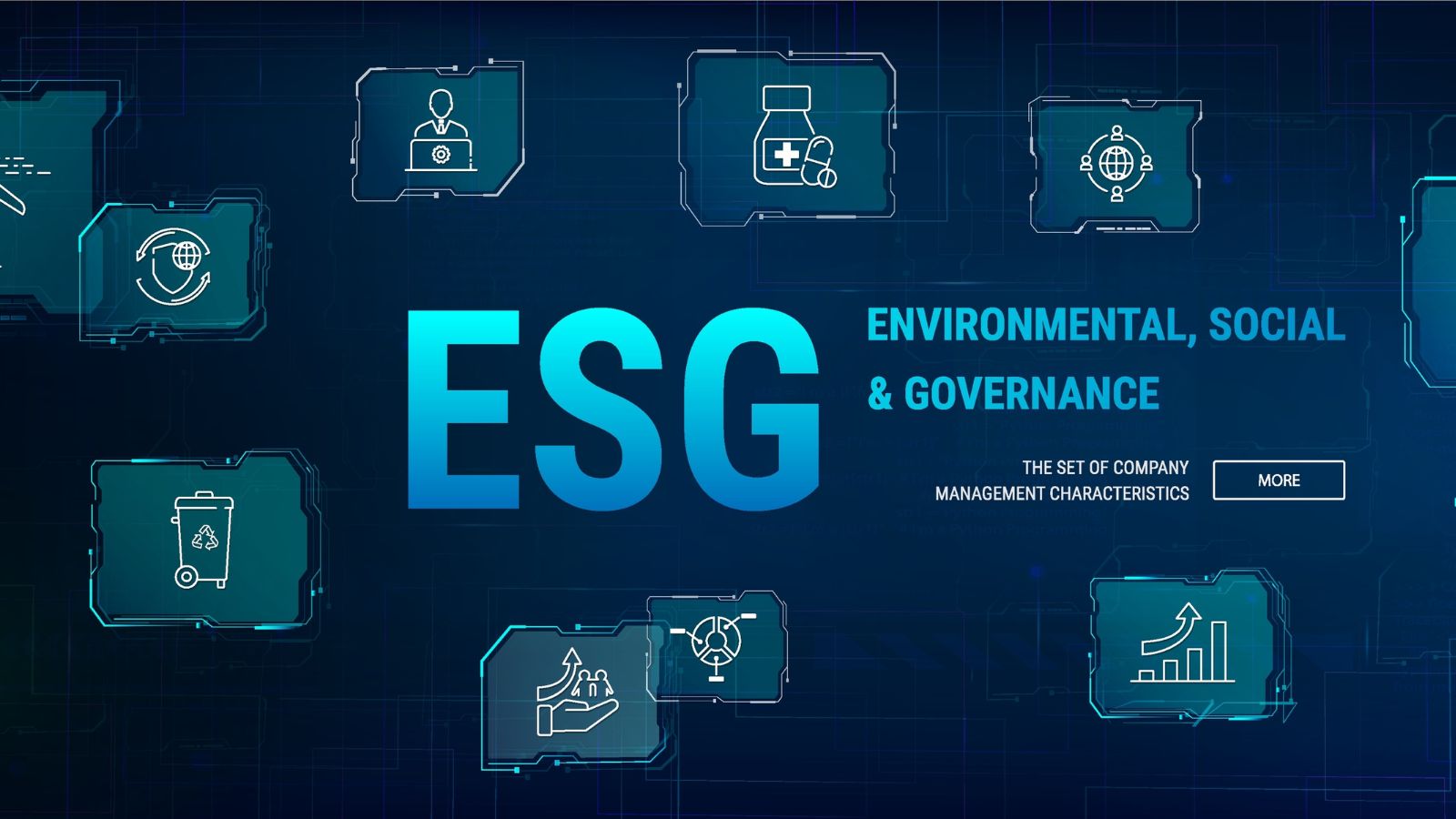
Manifest Climate is helping businesses get serious and strategic about climate risk. Its AI-powered platform analyzes company disclosures, climate risks, and alignment with global frameworks like the TCFD. With growing regulatory pressure around ESG reporting, Manifest Climate offers actionable insights that are hard to find elsewhere. Banks, insurers, and Fortune 500s are already taking notice.
21 Products Canadians Should Stockpile Before Tariffs Hit

If trade tensions escalate between Canada and the U.S., everyday essentials can suddenly disappear or skyrocket in price. Products like pantry basics and tech must-haves that depend on are deeply tied to cross-border supply chains and are likely to face various kinds of disruptions
21 Products Canadians Should Stockpile Before Tariffs Hit
